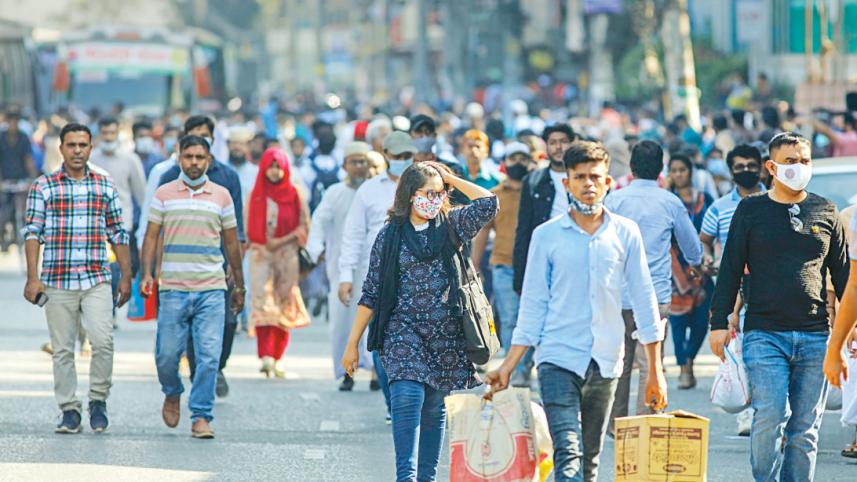Govt should accept students’ demands

On November 24, Notre Dame College student Nayeem Hasan died after being hit by a vehicle of Dhaka South City Corporation (DSCC) in the city's Gulistan area. The very next day, three more college students—Urmi Mojumder, Mahbub Alam and Saddam Hossain—were killed after a CNG-run autorickshaw was hit by a BRTC bus in Chandpur's Kachua upazila. And on Monday night, SSC candidate Mainuddin Islam was added to this grim list after he was crushed under the wheels of an Anabil Paribahan bus in Rampura.
It is no wonder that students have once again been forced to take to the streets to protest for safer roads, as well as for general safety on public transport. Let's not forget that their anger started to build up after a bus driver and helper threatened a female student with rape when she asked to pay half of the bus fare, and snowballed after the student deaths. Although the government accepted certain demands by initiating half bus fares on the state-run BRTC buses—the usefulness of which is limited, since the rest of the bus services are privately owned—the deaths of five students in road accidents, within less than a week, show to what extent the authorities have failed to fulfil the pledges they made during the 2018 road safety movement.
In this context, the students of this country have every right to feel aggrieved and disillusioned. However, the regrettable consequence of their protests is that the already jam-packed streets of Dhaka have suffered even more gridlocks and tailbacks, especially on November 30 morning, when thousands of students from various institutions blocked the roads after hearing of Mainuddin's death. While private vehicles with valid licences, ambulances and other emergency medical vehicles were allowed to pass through, the general public travelling on buses suffered the most from this blockade.
It is unfortunate that, in such situations, it is always the ordinary citizens who bear the brunt. However, it is noteworthy that when bus owners and transportation workers went on a strike to demand higher bus fares, causing great public suffering, the government was very quick to accept their demands. Yet, despite mass student protests in 2018 and continued pressure from concerned citizens since then, 3,222 people were killed in road accidents in the first six months of this year, and the Road Transport Act (RTA), 2018 is yet to be fully formulated, let alone implemented.
As such, the responsibility of the public suffering caused by student blockades rests squarely on the shoulders of the government. It is very clear what the authorities must do now: accept the agitating students' demands, implement the RTA, and fulfil their obligations of protecting the citizens from dying, cruelly and needlessly, on our roads.



 For all latest news, follow The Daily Star's Google News channel.
For all latest news, follow The Daily Star's Google News channel.
Comments